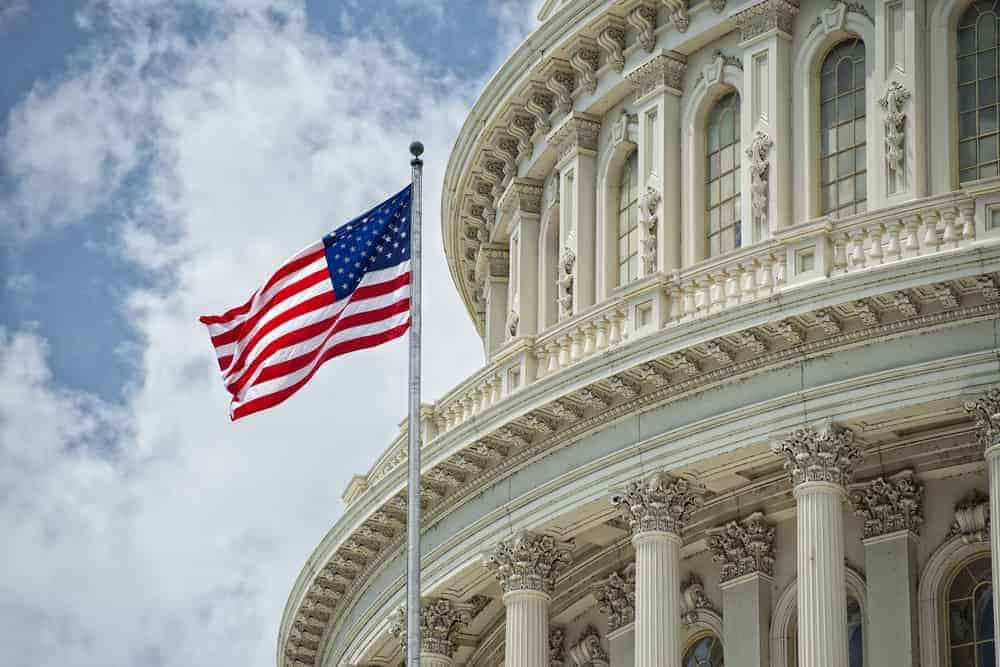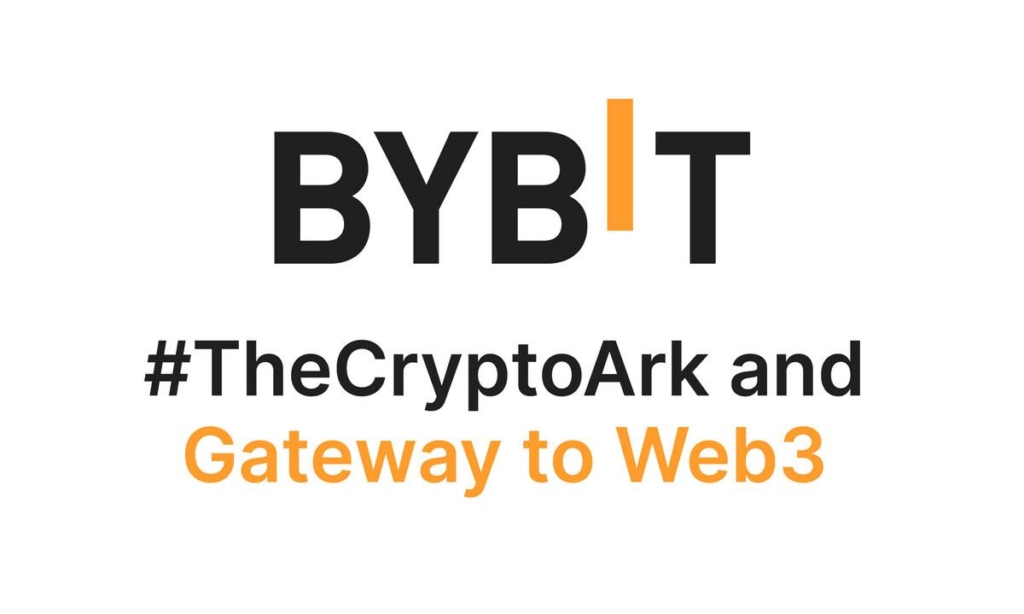Regulators in Alabama, Montana, and Texas have joined forces to issue a temporary ban on trading bot YieldTrust.ai and its developer Stefan Ciopraga, calling it a Ponzi scheme and an unregistered securities offering. The product offered 2.2% daily staking returns using Artificial Intelligence but offered no proof of trades or profitability.
Investors could deposit funds into the smart contract on the BNB Chain and earn rewards from multiple trading strategies. The built-in artificial intelligence reportedly analyzed markets and created a hybrid trading method with “exhilarating performance.”
The regulators alleged that YieldTrust.ai did not provide blockchain data or other information to investors that would permit them to independently verify the cryptocurrency trades represented in the reports or their profitability.
Statements from the regulators have given the respondents 15 days to respond in writing. After that, should the defendants not reply, the order will become permanent.
Regulating AI is a hot topic, and Tesla CEO Elon Musk and several high-profile tech-industry executives and academics have called for a temporary halt to training initiatives for AI more advanced than GPT-4. The open letter asks developers to cooperate with policymakers to develop sound AI governance.
In terms of regulating AI, legally defining AI is the first step in regulation, according to an Assistant Professor of Public Health at Texas A&M University. Legal definitions would aid in understanding which elements of AI are subject to laws, which would help lawmakers draft better regulations. This is particularly important in the face of rapidly evolving technology, where outdated laws can hinder societal benefits and create regulatory loopholes.
Crypto assets add another layer of complexity to regulation. Montana Commissioner Troy Downing said that scammers are exploiting the hype around AI tools to mislead investors. However, as electrical engineer John Villasenor points out, any AI algorithm’s result can be tested for legality against existing laws. The lack of disclosure and potential unregistered securities offering in the YieldTrust case was questioned rather than the AI trading mechanics.
Upcoming MiCA regulation in Europe addresses disclosure and admission to trading requirements for crypto assets not covered by existing law. Issuing a new crypto or listing it for trading on an exchange will require publishing a whitepaper.



